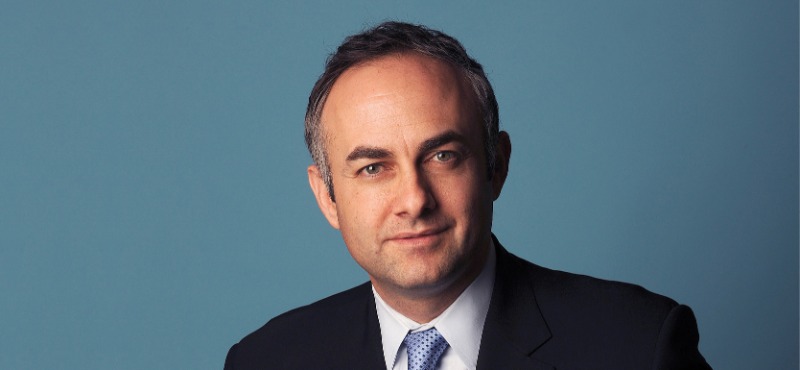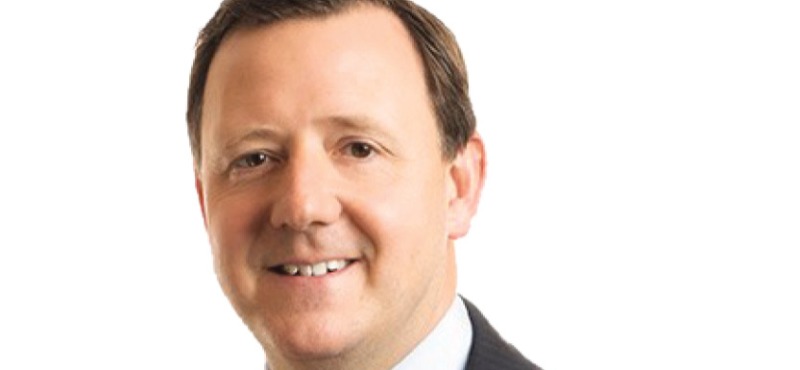When Mark Boal, producer of the podcast “Serial” and films “Zero Dark Thirty” and “The Hurt Locker,” sued the U.S. government in 2016, it was to protect his First Amendment rights. After his taped interviews with dishonorably discharged U.S. Army soldier Bowe Bergdahl were subpoenaed, Boal took a stand—and won, with the help of his attorney, Jean-Paul Jassy.
“I think the First Amendment is the backbone of our democracy,” Jassy said, taking a moment from his busy practice at Los Angeles law firm Jassy Vick Carolan to discuss Boal’s case, and others. “Without free speech, without a free press, we don’t have real freedom, and we don’t have the information that we need to select our government representatives and to make the decisions we need to make in a democracy. For me, in my career, it’s helped me a lot to feel good about and believe in the work that I do. To feel like you’re doing something that helps society. If you have that in you, it can help carry you a long way.”
Jassy came into First Amendment law on the advice of his former professor and mentor, Erwin Chemerinsky. After a few years practicing with a firm that got a lot of First Amendment cases, Jassy started his own firm in 2007. Since then, he’s seen the law adapt to new mediums and put to new uses. When asked to give an example of one area in media that is opening new avenues between the newsroom and the courtroom, Jassy points to the rise of data-driven journalism.
“Journalists are relying on large amounts of data and processing that and writing really important, impactful stories about it. A lot of times that data needs to come from a government agency. One of the things we do is help journalists and media companies try to get data from government agencies so that they can write these stories, for example.”
Jassy praises First Amendment law for maintaining its consistency and fundamental principles amid the frenzied speed at which media industry operates to cover the daily churn of politics. When asked how has First Amendment law changed over the years, “Some of it is new, but a lot of it is the same, classic law that gets applied to a new medium,” Jassy said. “You’ll have a defamation case that, 25 years ago, might have been just about print media, and now it’s on the internet. The law, obviously, evolves all the time, but it may be the same principles, the same law.”






















